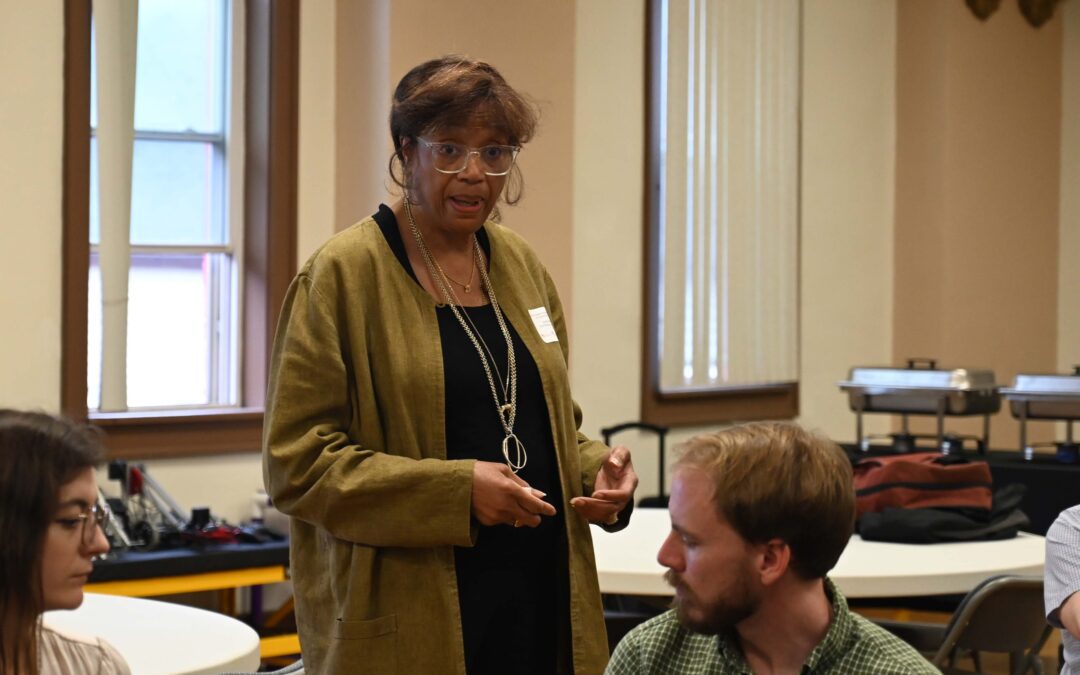In 2013, Rachel Burcin, Angela Keiser, and Mel Siegel received funding from the British Council Prime Minister’s Initiative to study challenges in STEM participation in the US and UK. Our comparative transatlantic study identified shared challenges in recruiting, retaining, and supporting STEM students. The report highlighted critical domestic skills gaps and global competition for STEM talent. It emphasized the importance of broadening participation in STEM fields for both nations’ competitiveness and living standards.
In 2022, we partnered with rural Venango County to conduct a parallel study. Initial listening sessions revealed local stakeholders’ interest in understanding how the rapidly evolving technology landscape can affect local prosperity and economic development.
Ten years later, our original findings are still relevant to expanding STEM participation. To succeed, pathways must be centered on equity and a vision of a shared future. CMU’s Robotics Institute is breaking ground on its future home – the Robotics Innovation Center in Hazelwood (Pittsburgh). Thus, this fresh start presents a pivotal crossroad for the academic and economic revitalization of the surrounding area and its relationship to CMU.
This exploration of promising practices in broadening/widening participation was made possible by a grant (#NPF138) from the UK-US New Partnership Fund, which was part of the Prime Minister’s Initiative for International Education, and managed by the British Council.
Rachel Burcin rachel@rachelburcin.com | Angela Keiser www.linkedin.com/in/angela-keiser

